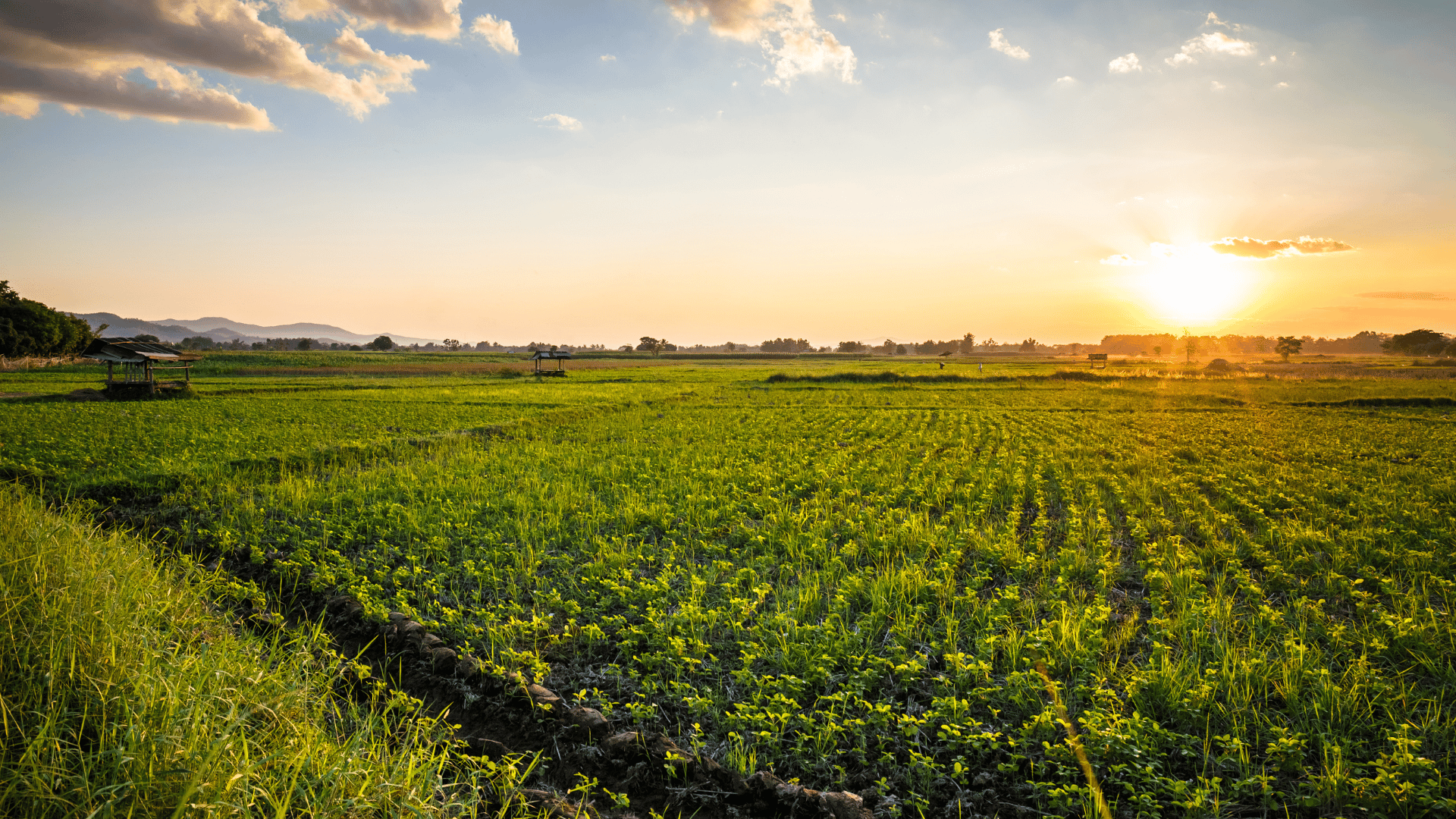
Owning a farming business in Canada has its benefits. The Canadian Revenue Agency (CRA) allows farming business to report their income and expenses using the cash accounting method to report their earnings and expenditure for a particular period. Other businesses are required to use the accrual accounting method. Before we learn more about cash and accrual accounting methods, let’s find out what qualifies as a farming business.
According to the Canadian Income Tax Act (ITA), the farming business includes:
- Soil tilling
- Dairy farming
- Tree farming
- Fur farming
- Bee-keeping
- Fish raising
- Maintaining horses for racing
- Raising or exhibiting livestock
- Chicken hatching
- Market gardening
- Greenhouses and nurseries
- Wild game reserves
What is the Difference Between Cash and Accrual Accounting?
Let’s find out more about these two accounting methods. Cash accounting is when a business records income and expenses in the same period, receiving and paying them. It is the opposite of the accrual method, in which businesses record revenues or expenses when they have earned or incurred them.
For example, you run a dairy farming business. Your business received an order in June to supply 50 litres of milk. You supplied the milk in July and received the payment. Under the cash accounting method, your dairy farming business will record the income in July, when it receives payment. However, the accrual accounting method will record the revenue in June, when it receives the order.
How Can Farming Businesses Benefit from Cash Accounting?
Compared to the accrual method of accounting, cash accounting is much simpler. It allows small farming business owners to understand the financial position of their business. As the cash accounting method enables farming businesses to record income in the period they were received and expenses in the period they were paid, it gives a clear picture of the cash balances.
Additionally, cash accounting makes tax filing easier for small farming business owners. They have to pay tax only on the net cash profit after deducting cash payments from cash receipts. They need not pay tax on accrued amounts.
Cash Accounting Extends to Multi-Phase Production Operations
Farming businesses cannot run in isolation and are interlinked to several support services. The ITA has identified a few independent service providers that could fall under the definition of farming in certain circumstances and utilize the cash accounting method. These include:
- Feedlot operators
- Cattle drovers
- Herdsmen
- Custom work operators
- Agricultural consultants
Let’s understand the working of one of these service operators with the help of an example. In the pork industry, three different entities could be involved in the entire loop, from pigs’ production to hogs’ selling. The livestock could be owned by one business, the facility where the pigs are kept could belong to another business and caring for the animals is a different business.
Even though the last two businesses do not own the livestock involving non-farming incidental activities, they could be considered farming businesses since the ITA definition includes “livestock raising.” The definition doesn’t specify if the person raising the livestock must have an ownership interest. Hence, the cattle drover or the feedlot operator is in the loop of pig farming and is allowed to use the cash accounting method.
When a Farming Business Has Related Non-Farming Operations
The CRA excludes manufacturing and processing from farming if they are separate businesses. But if they are a small part of the farming business, the overall business is considered farming and is allowed to use cash accounting.
According to the CRA’s definition, “…The activity of farming would generally involve the whole aspect of commercial production of any crop or plant that has economic value.”
Let’s take the example of a winemaking business. Winemaking includes growing grapes, processing them to make wine and selling wine. While the first part involves grape farming, the remaining involves the processing and selling of wine, which does not come under the CRA’s definition of general farming.
However, a court ruling in 2012 states, “The winemaking activities could be so interlaced with the vineyard operation that both are considered parts of one farm operation, starting with the grape growing to the commercialization of the grapes by producing wine.” As a single company undertook the entire operation from grape farming to winemaking and selling, it was categorized as a farming business. If winemaking were separate from grape farming, it wouldn’t fall under the farming definition.
Since there is ambiguity around which business can be considered a farming business, it is better to consult a professional or an expert. If your business comes under the CRA definition of farming and using the accrual accounting method, you can consider switching to the cash accounting method. Cash accounting could help improve your farming business operations through better cash management and tax planning.
Contact Ford Keast LLP in London for Accounting of Farming Business
A skilled accountant can help you determine whether your business falls under the CRA’s definition of farming and how you can make the most of the cash accounting method. At Ford Keast LLP, our accountants can provide services to support your accounting function, whether you need partial or complete support. In addition, we can provide you with recommendations on various subsidies and benefits the CRA offers farming operations. To learn more about how Ford Keast LLP can provide you with accounting expertise, contact us online or by telephone at (519) 679-9330.



